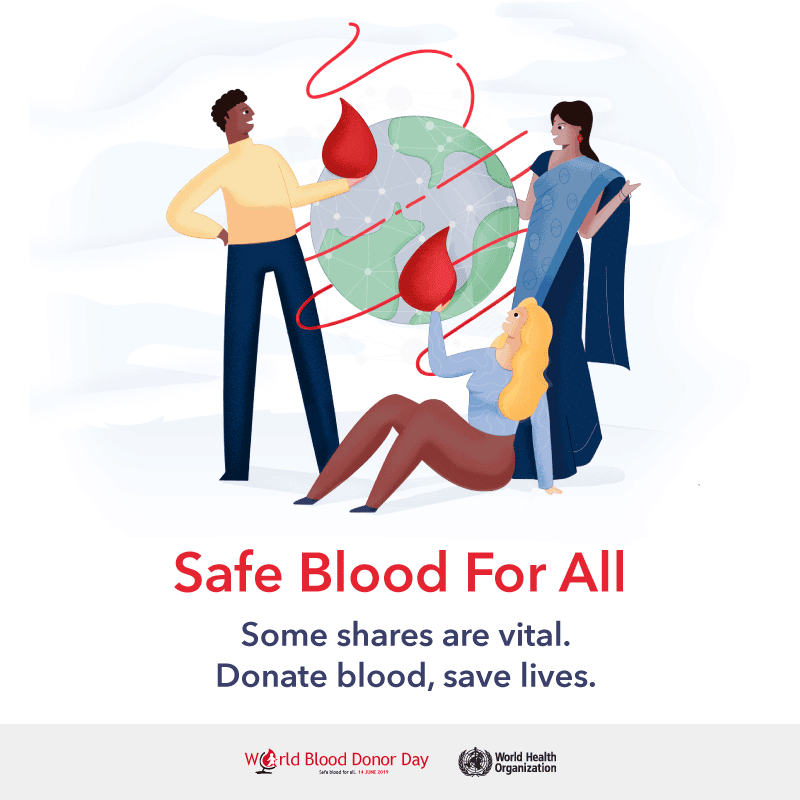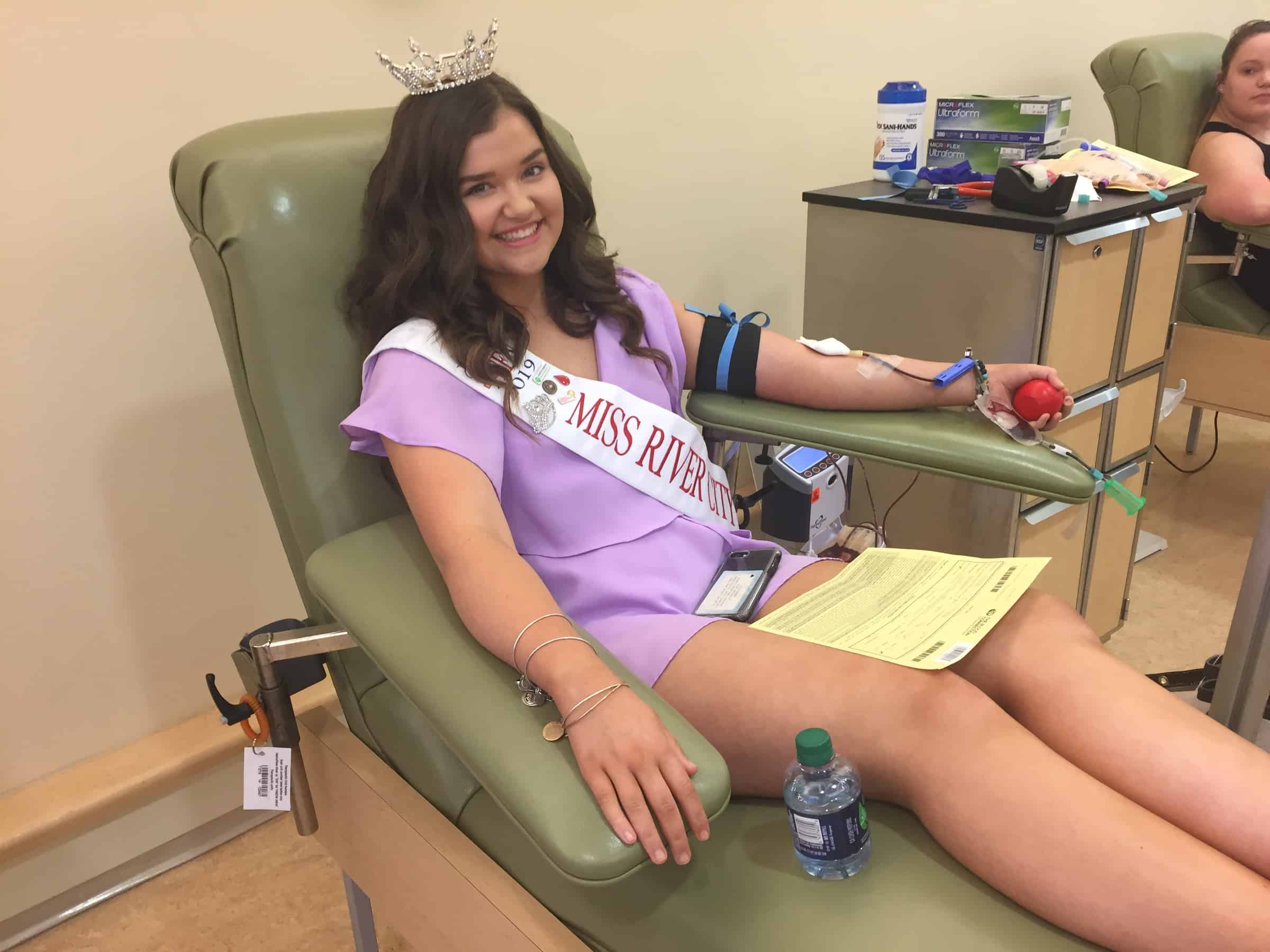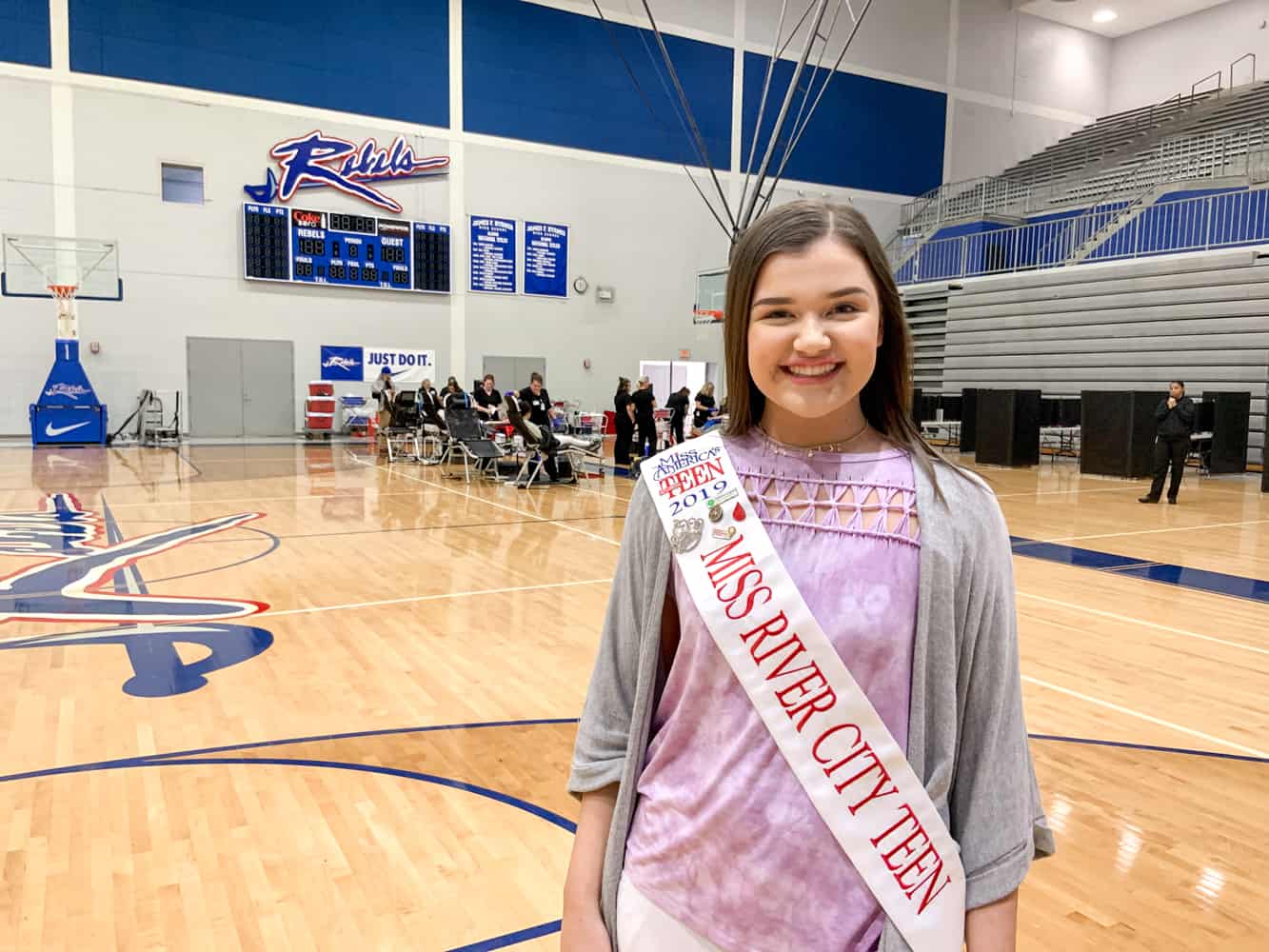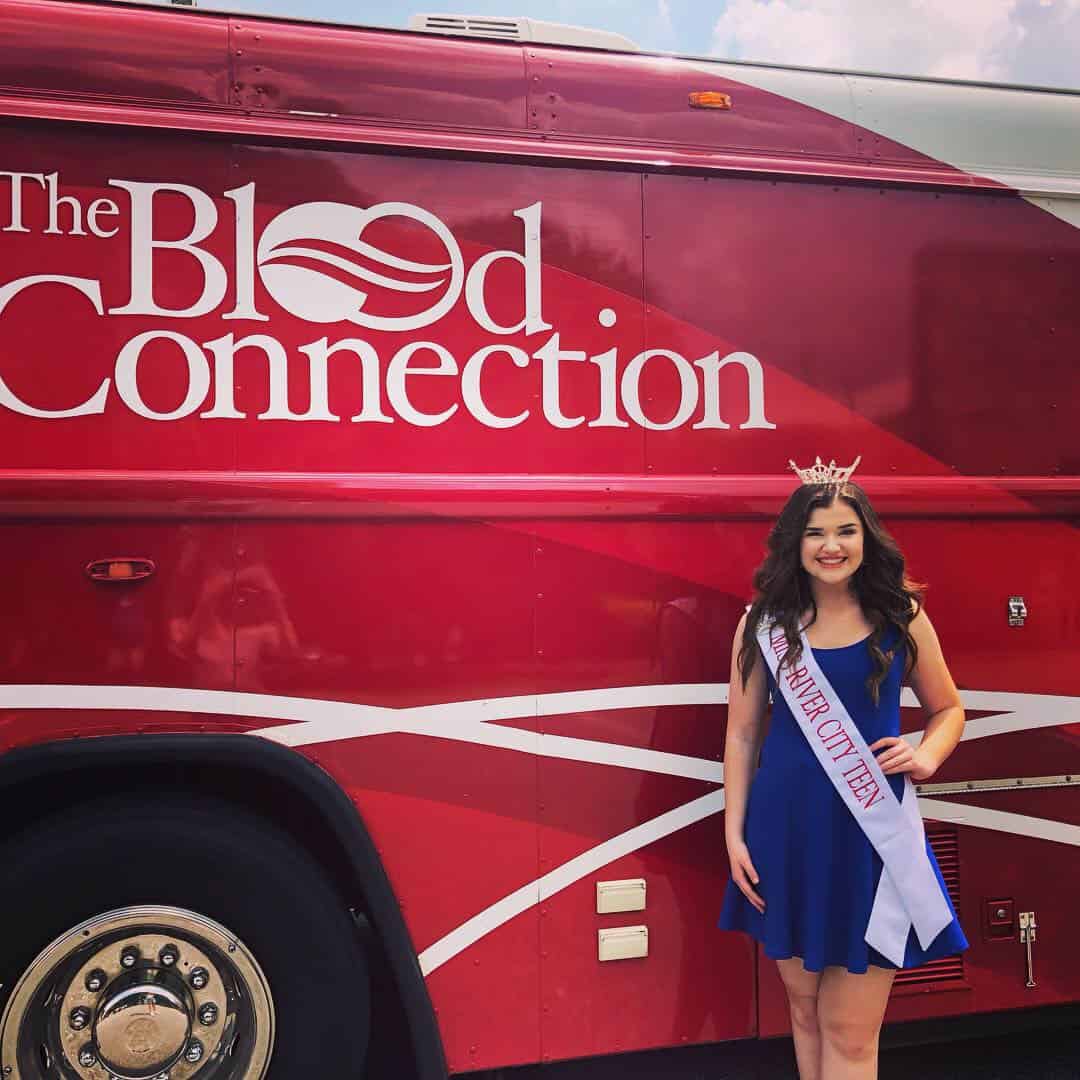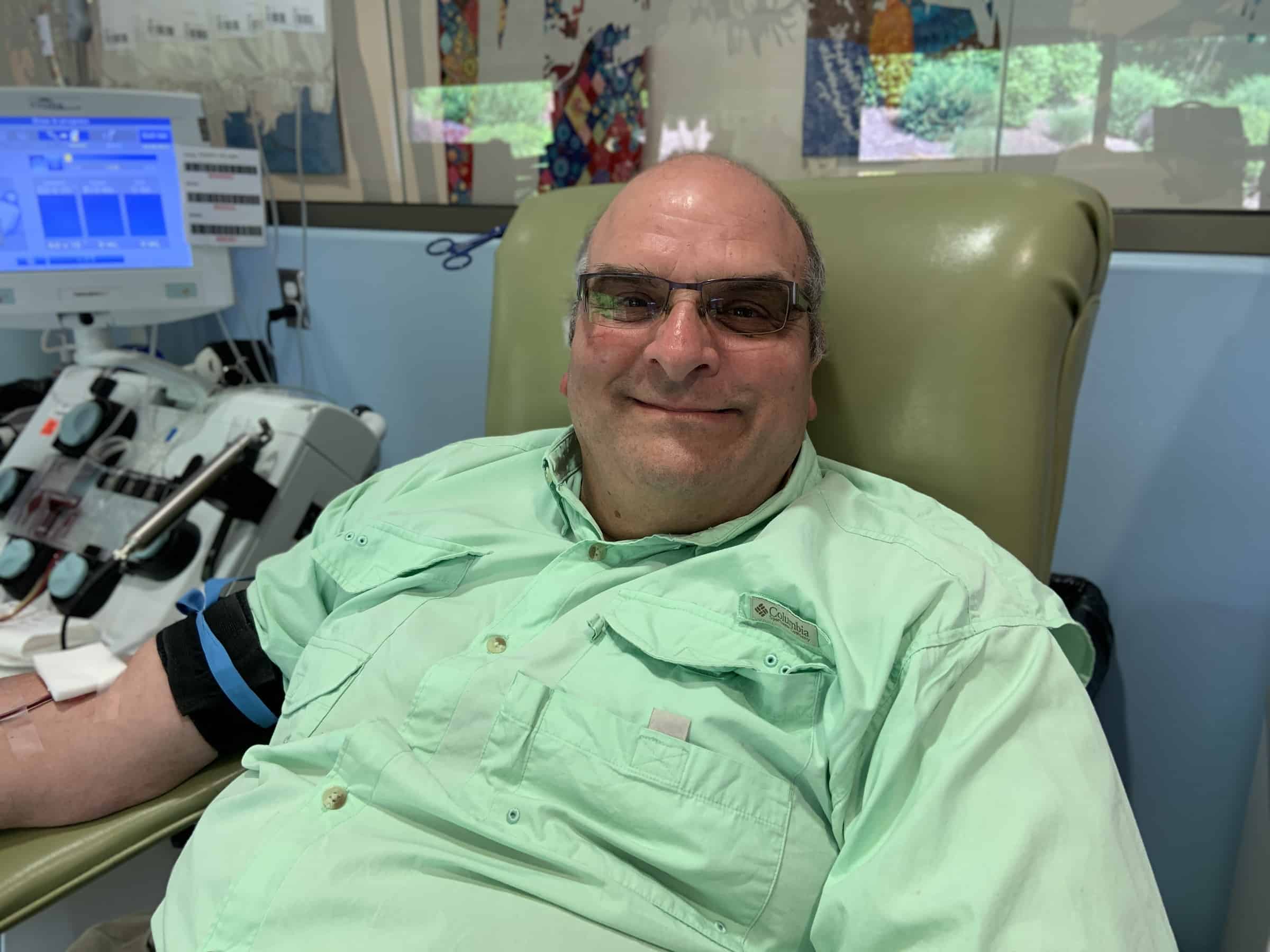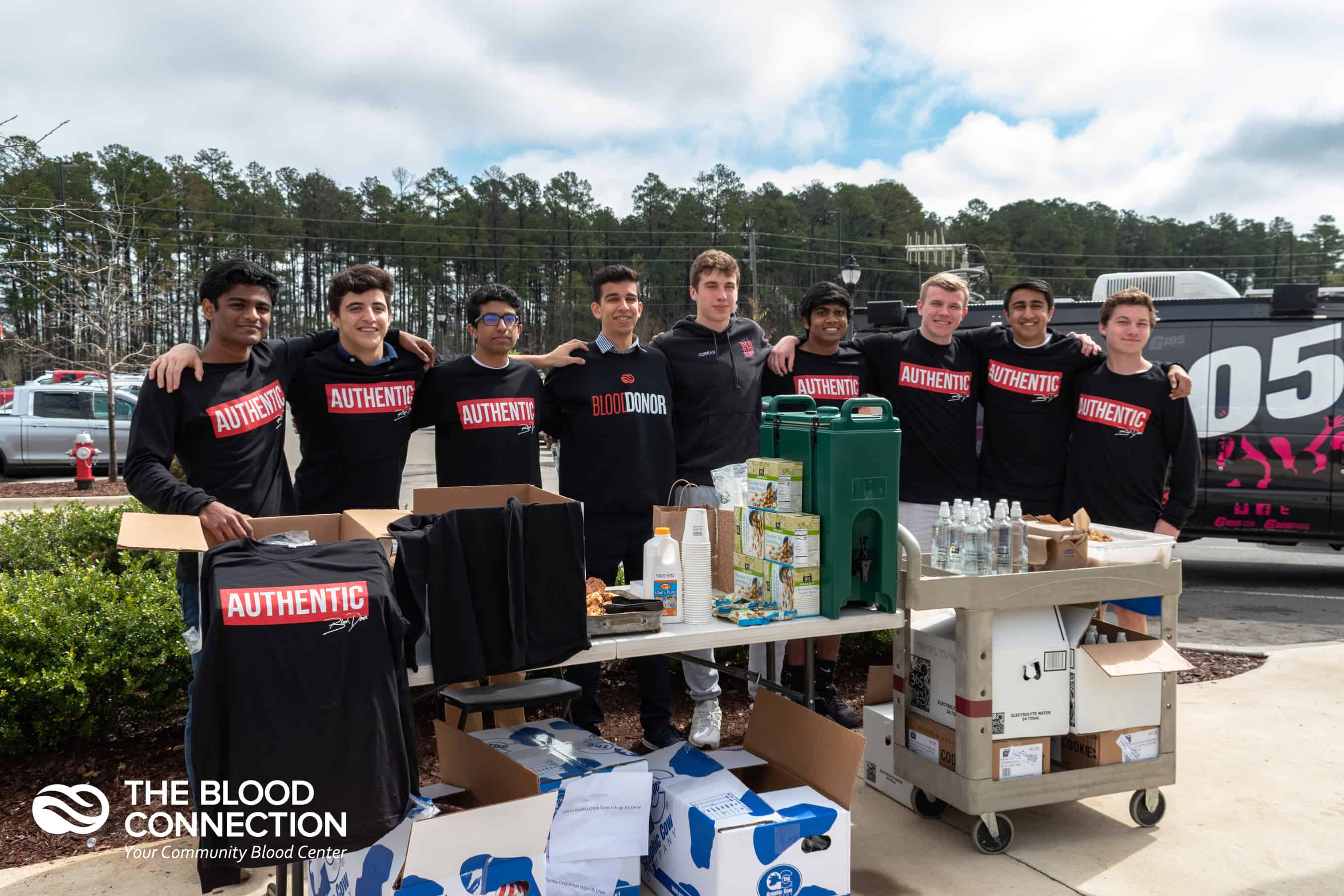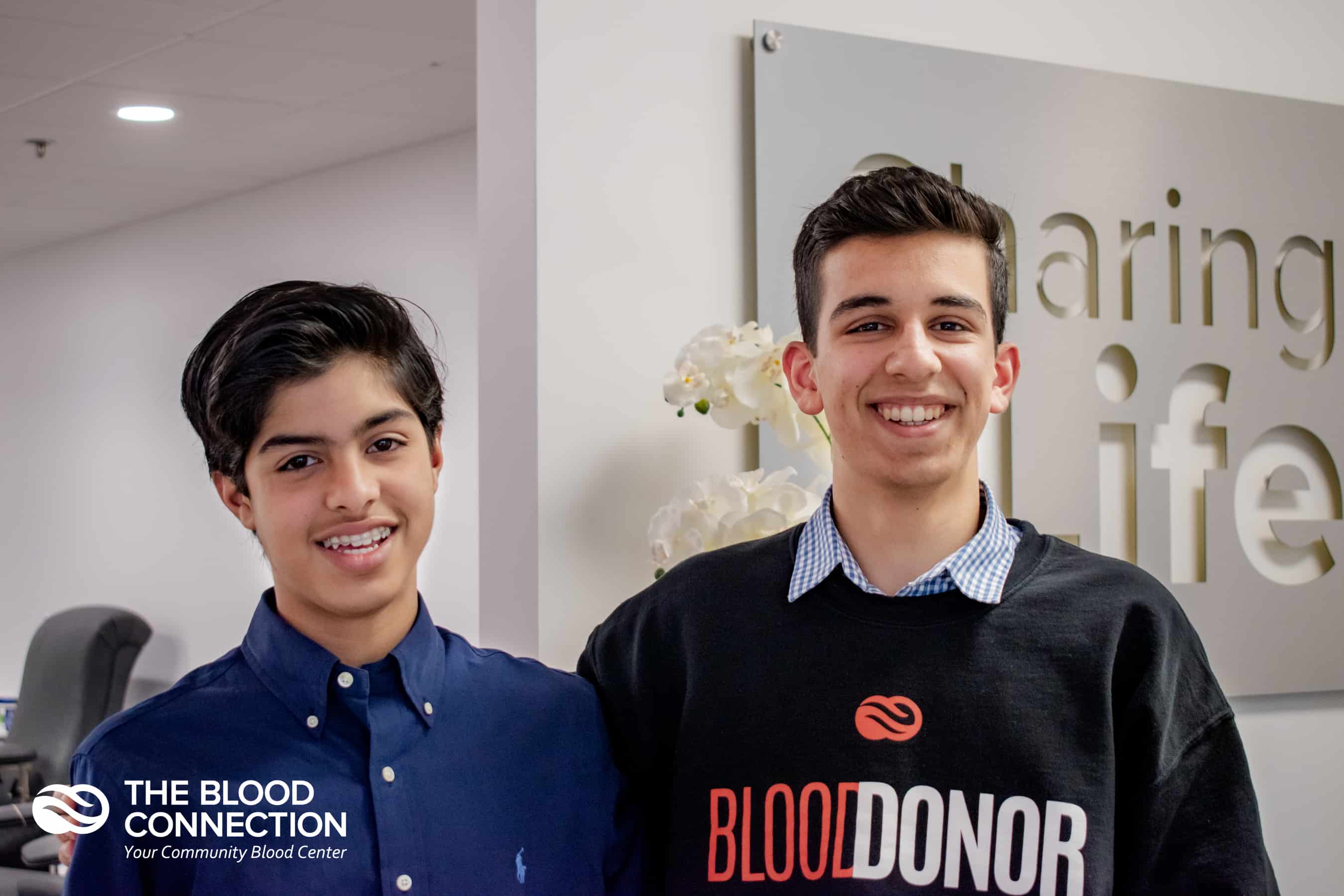Temoor Dard Writes Inspiring Letter Encouraging Blood Donation
A Panther Creek High School senior is hoping to bring back a life-saving tradition to the Wake County School System. Temoor Dard is a loyal blood drive host for The Blood Connection, a community blood center in Central and Eastern North Carolina. Dard has impacted hundreds of lives in his community through his hard work with TBC. Before he leaves high school, he’s pushing to make one last change. Dard has asked the Wake County School System to allow blood drives in schools again, so other students can get involved in making a difference too.
In a letter to Wake County School administrators, Dard wrote: “Not only does this community service project impact thousands of lives, it helps bring the community closer together, and inspires others to make a difference in their community. The end goal isn’t just about reaching a numeric goal, but also inspiring students to become active in their communities, whether it is by organizing book drives, growing their own gardens, etc…As a whole, Wake County high schools can save thousands of lives just by hosting blood drives once or twice a year.”
On Saturday April 6th, Dard hosted a high school blood drive with Panther Creek and Green Hope high school students in the Whole Foods parking lot on Arco Street in Cary, NC. The drive collected more than 100 units, saving approximately 300 lives. Before the drive started, Dard was also awarded a scholarship because of his success with TBC, to be used for college expenses (the check was written to The University of North Carolina Chapel Hill).
Dard has been leaving a lasting mark on his community throughout his high school career. He’s been involved with blood drives since he was a freshman at PCHS. Before The Blood Connection became the primary blood supplier for UNC Rex Health Care in 2018, Dard had already hosted four blood drives on his own. His first drive with TBC last year was his most successful, bringing in 120 donations that helped save approximately 350 lives. Since the Wake County Public School System does not allow blood drives in schools, Dard has made it his mission to change that.
Dard’s grandfather is his inspiration for becoming a blood donation advocate. His grandfather had multiple blood transfusions during open heart surgery when Dard was younger. His inspiration couples well with his intense passion to make a difference in his community and to bring people together.
“I want to leave an impact on my community. I want to have a legacy of quantifiable impact. I find satisfaction in helping others and leading projects for the greater good,” Dard told TBC. “The issue of a blood shortage hit close to home, as I knew what it felt like to almost lose a loved on… It’s fun to bring a community together in the act of saving lives.”
TBC is so grateful for Dard’s dedication to his community and willingness to serve as a blood drive host. He is truly an inspiration. He has not only affected the lives of local blood recipients, but their families too. He will surely make an even greater impact as a student at UNC Chapel Hill.
The Raleigh Donation Center is located at 5925 Glenwood Avenue. It’s open Monday through Friday from 7 a.m. to 7 p.m, 7 a.m. to 5 p.m on the weekends. Blood donors must be healthy, weigh at least 110 pounds, and be 17 years old or 16 with written parental consent. Photo ID required. To reduce donation time, donors can make an appointment in advance at: https://thebloodconnection.org/
Check out the TBC High School Program, which awards students like Temoor who are impacting their communities through blood donation and hosting blood drives: https://thebloodconnection.org/events/school-programs/high-school-program/
Dear Wake County High School Administrators,
My name is Temoor Dard and I am a senior at Panther Creek High School in Wake County. I’ve been fortunate enough to have been able to direct blood drives ever since I was a freshman up until now. PCHS has been very consistent with the blood drive tradition, and due to our improving success, our partner, the Blood Connection (a blood bank serving the Triangle), has asked us to start this initiative across all high schools in Wake County.
NC is facing a critical blood shortage, and the only way to address this problem is to get more people to donate blood, because blood is one of the few things we can’t artificially manufacture. Every pint of blood saves 3 lives and it only takes 15 minutes to donate.
However, Wake County, as of January 2018, does not allow high schools to have blood drives on campus. Fortunately, PCHS has been very successful in hosting our first ever off campus blood drive last November, and we would like to help other high schools do the same. For some context, the blood drives on campus at PCHS consistently brought in 70-80 people, but our first off-campus blood drive brought in 154, doubling our previous total. That same level of success and more can be emulated throughout Wake County. As a whole, Wake County high schools can save thousands of lives just by hosting blood drives once or twice a year.
Not only does this community service project impact thousands of lives, it helps bring the community closer together, and inspires others to make an difference in their community. The end goal isn’t just about reaching a numeric goal, but also inspiring students to become active in their communities, whether it is by organizing book drives, growing their own gardens, etc. In the end, the option lies up to you to pursue this community service event.
Keep in mind, if you are interested in pursuing this event, the blood drive would most likely be held in April or May, depending on how fast it can be organized. It normally takes a little over a month for PCHS to fully organize their drives. Blood drives are held on the weekend to not interfere with school hours.
I’ve also attached a document below detailing the first steps you should take to start your blood drive initiative at your school. It details everything about points of contact at the Blood Connection, incentives, advertising, registration, set up, and more.
If you have questions or concerns, please let me know and I will help you to the best of my ability. I look forward to working with you!
Thank you,
Temoor K. Dard
PCHS Blood Drive Director





